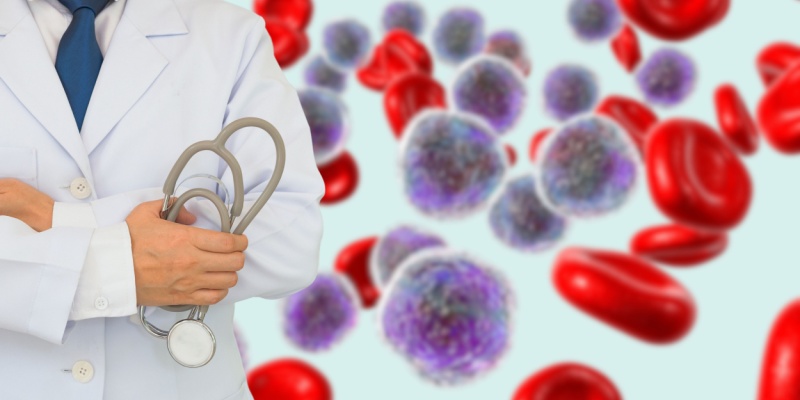
Dr. Kimble, a physician-scientist at the Fred Hutchinson Cancer Center (Fred Hutch) in Seattle, Washington, received the Underrepresented Minority Fellowship in Gene and Cell Therapy for Oncology from the American Society of Gene & Cell Therapy.
The award grants $100,000 to a postdoctoral or early-career oncology researcher from a racial or ethnic minority group underrepresented in the scientific workforce and who self-identifies as Black, Indigenous, and/or Latinx, according to the society’s website. The award is supported by funding provided by Bristol Myers Squibb.
Dr. Kimble’s area of focus is cellular immunotherapies for hematologic cancers, specifically acute myeloid leukemia (AML).
As a physician and research associate at Fred Hutch, his goal is to optimize the efficacy of chimeric antigen receptor (CAR) T-cell therapies in AML.
“I’m at a pivotal time in my career,” said Dr. Kimble in a press release from Fred Hutch. “This is really big for me.”
Dr. Kimble, who is half Mexican and half Black, attended medical school at Universidad de Guadalajara in Mexico and is a recent graduate of the University of Washington School of Medicine’s Hematology-Oncology Fellowship Program.
Now, Dr. Kimble is investigating how CAR T cells interact with antigens and the mechanisms of resistance employed by leukemia cells to avoid annihilation.
CAR T cells are designed to bind to their target antigen and subsequently destroy the tumor cell, according to the press release. However, some cells may not have an antigen, which is one reason CAR T-cell therapy may not succeed.
To increase the effectiveness of CAR T cells against tumor cells with low-target antigen expression, Dr. Kimble’s strategy consists of combining CAR T cells with drugs that modulate proteins in the cells that make them susceptible to TNF alpha, a protein produced by activated CAR T cells. Therefore, tumor cells that don’t have an antigen targeted by CAR T cells can still be killed by them.
Robert Bradley, PhD, Director of the Translational Data Science Integrated Research Center at Fred Hutch and one of Dr. Kimble’s mentors, reflected on Dr. Kimble’s work.
“What’s so interesting about Erik is that he is studying something that’s not well understood, a recently described phenomenon that he played a role in articulating,” said Dr. Bradley. “This award lets him pursue his research in a way that lets him go after what’s most important, even if it’s not the easiest research.”






 © 2025 Mashup Media, LLC, a Formedics Property. All Rights Reserved.
© 2025 Mashup Media, LLC, a Formedics Property. All Rights Reserved.